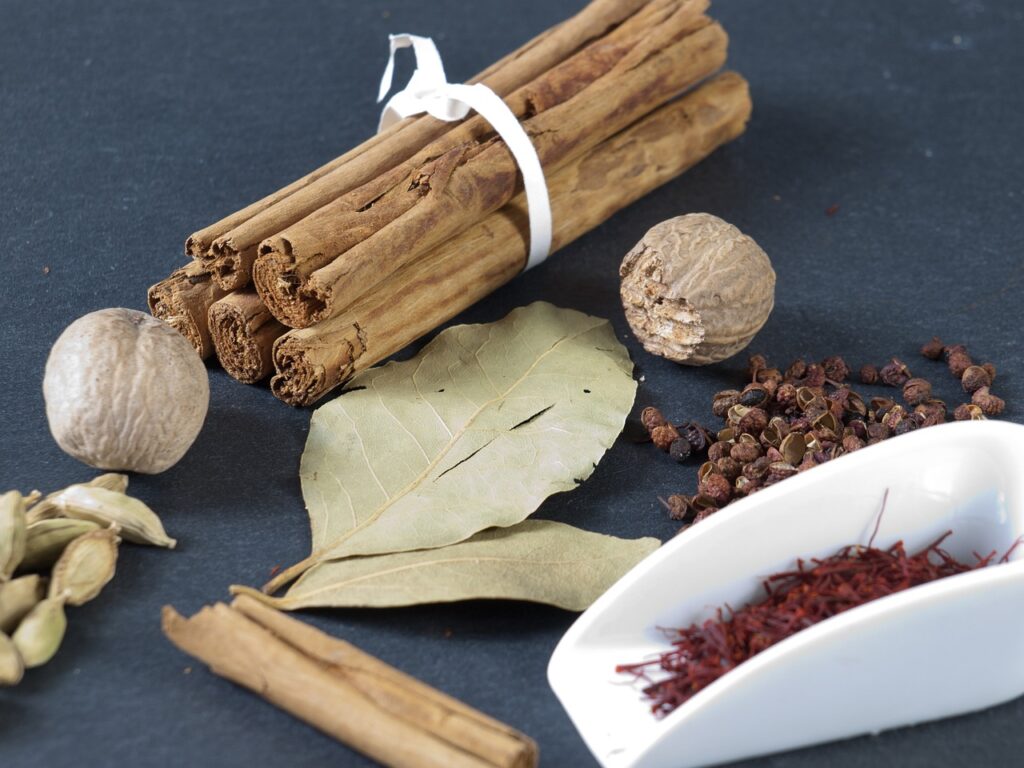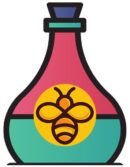
The active compounds in saffron, such as crocin and safranal, are believed to influence neurotransmitter levels in the brain, including serotonin. Serotonin is a neurotransmitter associated with mood regulation. Saffron has been studied for its potential antidepressant effects. Saffron has also been studied for its potential role in reducing symptoms of anxiety. While Saffron it is not a replacement for professional mental health treatment of mood related disorders, some research suggests that saffron may offer certain positive benefits for individuals.
Antianxiety Clinical Trials:
Efficacy of Saffron in the Treatment of Mild to Moderate Generalized Anxiety Disorder: A Double Blind Randomized Controlled Trial Reference: ClinicalTrials.gov Identifier: NCT02147959
Effect of Saffron (Crocus Sativus L.) on Depression and Anxiety in Patients with Chronic Kidney Disease Reference: ClinicalTrials.gov Identifier: NCT02730475
A Study of Crocus Sativus L (Saffron) for the Treatment of Anxiety and Depression.
Reference: ClinicalTrials.gov Identifier: NCT01984303
The Efficacy of Saffron in Treatment of Mild to Moderate Obsessive-Compulsive Disorder
Reference: ClinicalTrials.gov Identifier: NCT02646602 This trial examined the potential use of saffron in the treatment of obsessive-compulsive disorder (OCD), which can be associated with anxiety.
Antidepressant Clinical Trials:
Crocus sativus L. in the treatment of mild to moderate depression: a double-blind, randomized, and placebo-controlled trial. Phytotherapy Research, 19(2), 148-151. Reference: Akhondzadeh, S., et al. (2005).
Efficacy of Saffron in the Treatment of Mild to Moderate Postpartum Depression: A Randomized Controlled Trial Reference: ClinicalTrials.gov Identifier: NCT02755165
The Effect of Saffron on Mild to Moderate Depression in Patients with Heart Disease.
Reference: ClinicalTrials.gov Identifier: NCT02923584
Please keep in mind that Saffron is often considered as an adjunctive therapy, meaning it can be used in combination with standard antidepressant or anxiety medications to enhance their effectiveness or reduce the dosage required. Some individuals prefer using saffron as a natural alternative to pharmaceutical antidepressants or pharmaceutical antianxiety medications, particularly if they are concerned about the side effects associated with prescription medications.
Warning:
It’s important to note that while saffron shows some promise as a natural antidepressant and natural antianxiety treatment, more research needs to be done and it should not be used as a sole treatment for moderate to severe depression or anxiety. Individuals with depression or anxiety should consult with a healthcare professional to determine the most appropriate treatment plan, which may include therapy, lifestyle changes, or medication.
Saffron supplementation should also be undertaken with caution, and dosages should be determined in consultation with a healthcare provider. Additionally, saffron may interact with certain medications, so it’s important to inform your healthcare provider if you are considering using saffron for its potential antidepressant or antianxiety effects.
Link to Further Reading:
